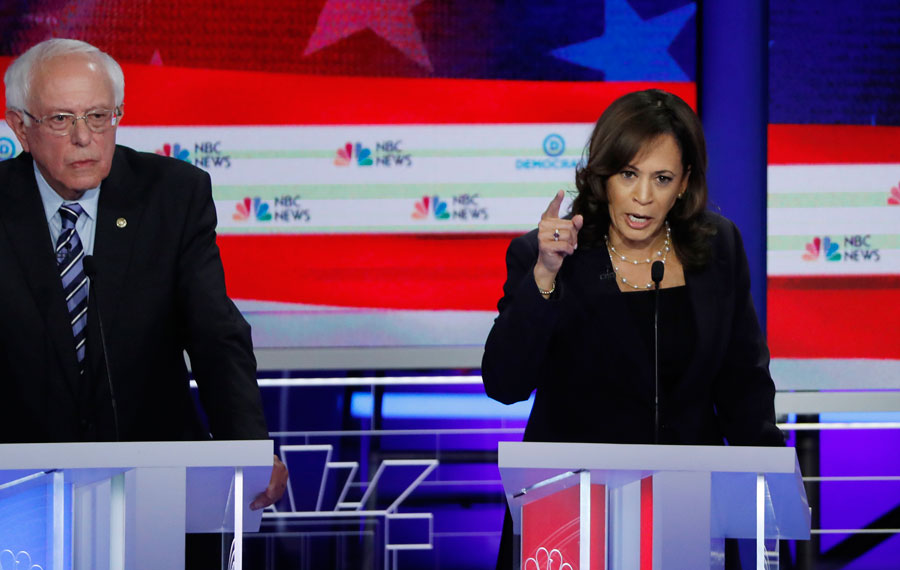
“And that little girl was me.”
— Kamala Harris, June 27, 2019
And that little sentence was clearly the most impactful not just of the first round of Democratic presidential debates, but of the entire 2020 campaign to date. California Sen. Kamala Harris used her biography to draw a stark generational and demographic line between herself and former Vice President Joe Biden, who now looks like a much more vulnerable frontrunner than just a few weeks earlier.
One debate does not make — or remake — a campaign, especially one that takes place several months before the first votes are cast. But Harris’ aggressive challenge of Biden in the debate represented two important markers as the Democratic primary season moved into its second stage.
First, Harris demonstrated that she can utilize her biography to leverage public policy in a way that Hillary Clinton never figured out. Perhaps because she knew that many progressive voters were wary of her career as a prosecutor, Harris has shied away from sharing much of her life story for the first months of her candidacy. The result was that she created an emotional distance between herself and much of her target audience, pierced only when she demonstrated her prosecutorial chops during her oratorical dismemberments of Supreme Court Justice Brett Kavanaugh and former Attorney General Jeff Sessions during Judiciary Committee hearings.
For the past several months, Harris has been caught in a difficult “in-between” place in the primary field, running a more progressive campaign than Biden and other centrist candidates but not as far left as grass-roots favorites like Bernie Sanders and Elizabeth Warren. As a result, she found herself stuck on a middle rung, a step above most of the field but well behind the front-runners.
But Harris is now moving up in the first post-debate polls, and more importantly has been raising money at a faster clip than at any time since her announcement in January. “That little girl” who was bused to school in the 1970s has become a potent symbol for the changing face of the Democratic Party. Expect to see a lot more of that little girl in the weeks and months ahead.
One debate does not make — or remake — a campaign.
The other lesson to be taken from that exchange is from Biden, who has ironically always been one of the best examples of a politician who uses his biography to forge personal connections with voters. But his avuncular handshake-and-hug persona is ill-suited for a crowded debate stage, and even less useful when facing a steady barrage of criticism from multiple fronts and constrained by a strict time limit that forces him to fit his explanations into unnaturally short responses.
As a result, he struggled. Overly conscious of his time constraints, he neither recognized the situation that Harris had faced as a child or described the work that he and others attempted to support integration while also working to suppress vitriolic emotions and avoid violence. That’s a lot to pull off in 60 seconds — and he didn’t.
The lingering impression of Biden’s struggle to counter Harris’ charges was not of a man too old to be president. Rather, it was of someone whose decades of public service began during a time of profoundly different societal attitudes and who has not yet figured out a way to talk about how these attitudes have changed and what he has learned over the years.
If Biden learns how to discuss the changes in society and in his own psyche, this debate will become a footnote in the story of his march to the nomination. If not, Harris and several others are waiting to hand him his gold watch as they march forward without him.
Dan Schnur is a professor at USC’s Annenberg School for Communication and Journalism, UC Berkeley’s Institute of Governmental Studies and Pepperdine University.








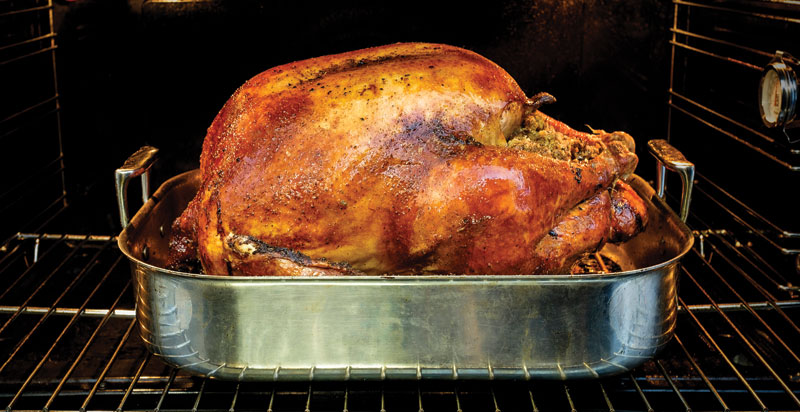

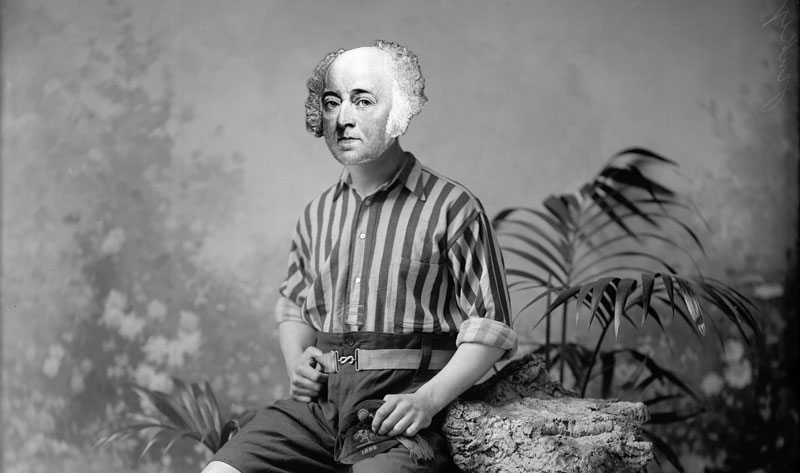

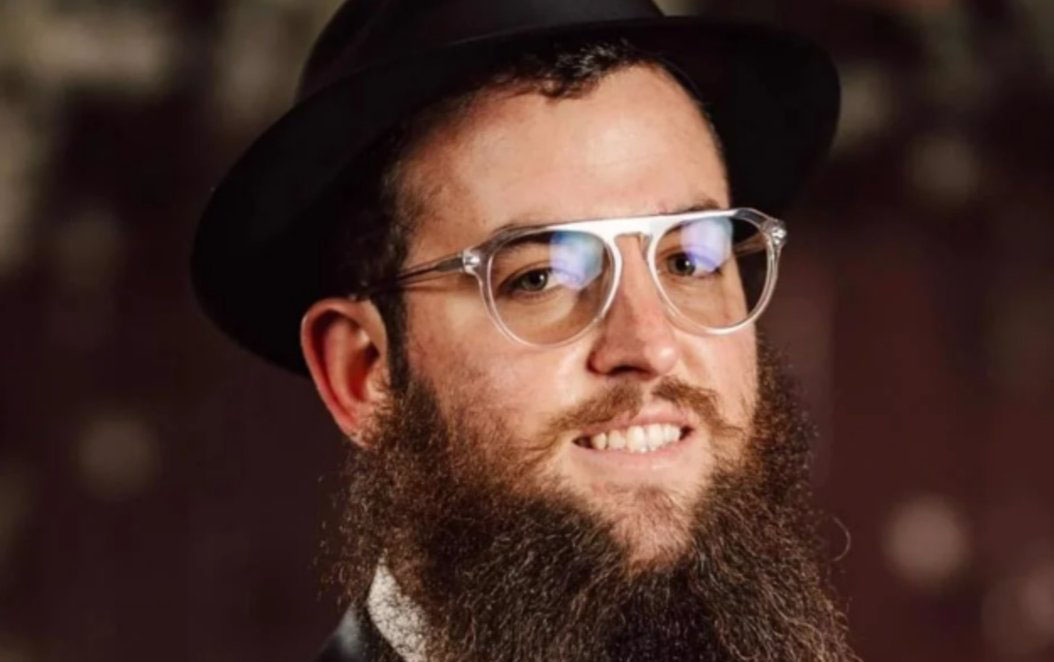
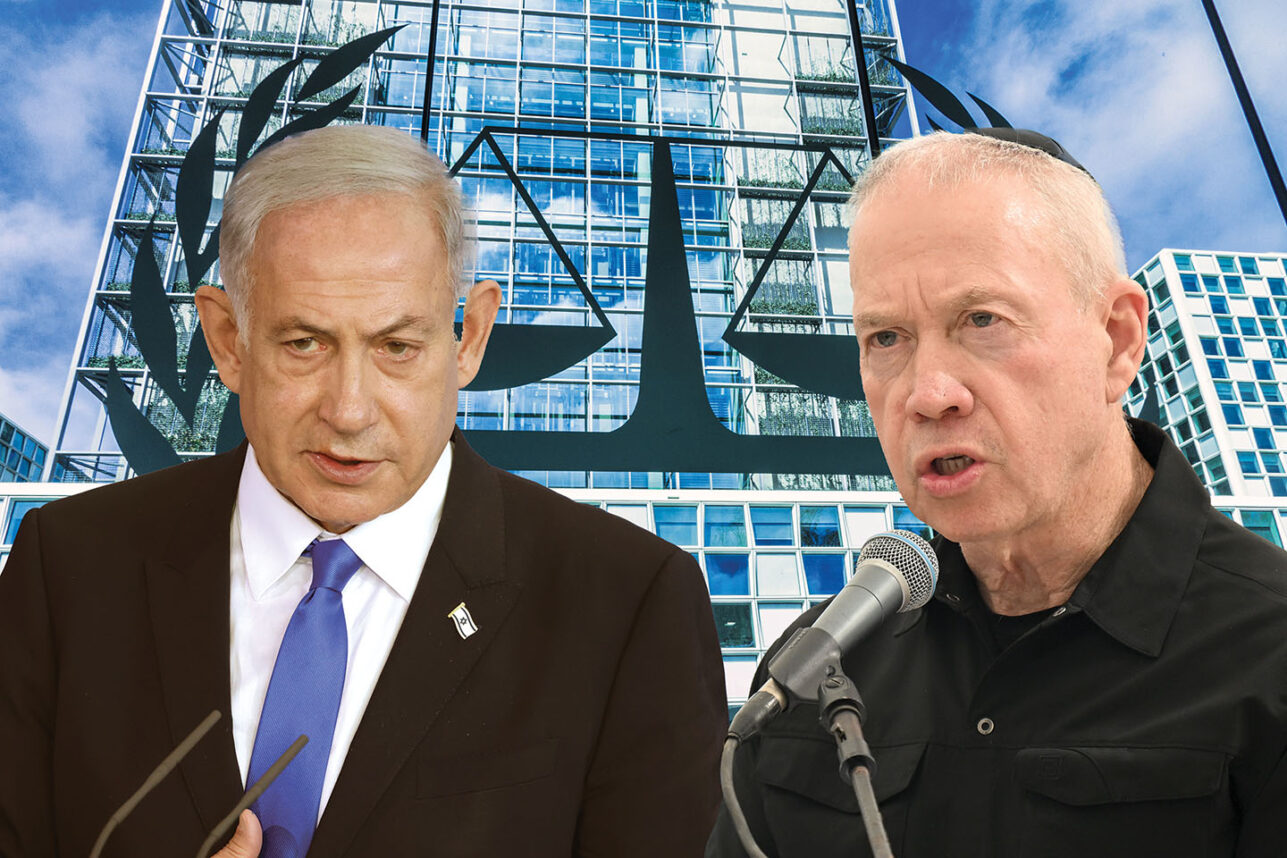








 More news and opinions than at a Shabbat dinner, right in your inbox.
More news and opinions than at a Shabbat dinner, right in your inbox.